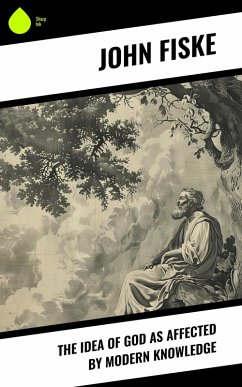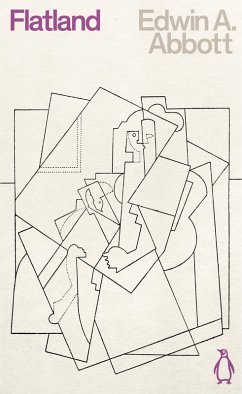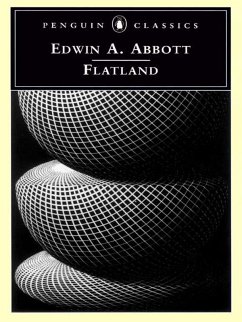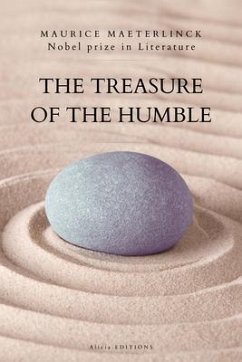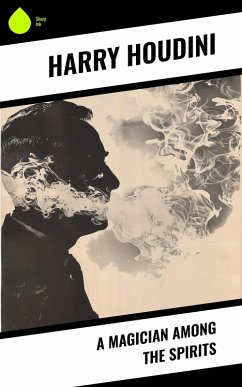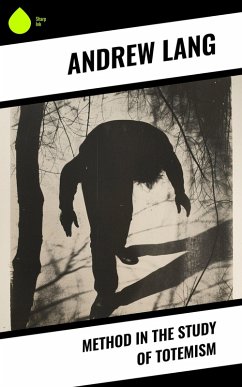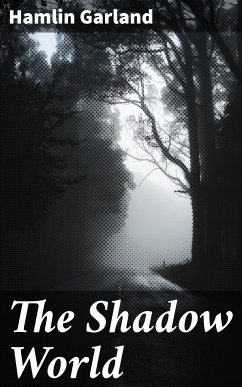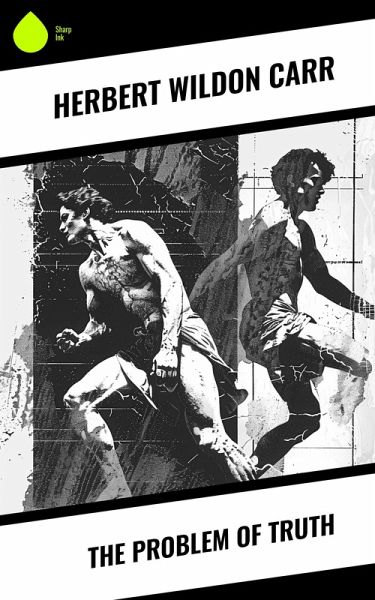
The Problem of Truth (eBook, ePUB)
Versandkostenfrei!
Sofort per Download lieferbar
2,13 €
inkl. MwSt.
Weitere Ausgaben:

PAYBACK Punkte
0 °P sammeln!
In "The Problem of Truth," Herbert Wildon Carr delves into the intricate relationship between belief and reality, exploring the philosophical underpinnings of truth from a pragmatic standpoint. The book exhibits a clear yet profound literary style, characterized by its rigorous argumentation and accessible language, making complex theories digestible for a wide audience. Set against the backdrop of early 20th-century philosophical discourse, Carr engages with contemporaneous thinkers, critically examining various epistemological frameworks while asserting the significance of truth as an evolvi...
In "The Problem of Truth," Herbert Wildon Carr delves into the intricate relationship between belief and reality, exploring the philosophical underpinnings of truth from a pragmatic standpoint. The book exhibits a clear yet profound literary style, characterized by its rigorous argumentation and accessible language, making complex theories digestible for a wide audience. Set against the backdrop of early 20th-century philosophical discourse, Carr engages with contemporaneous thinkers, critically examining various epistemological frameworks while asserting the significance of truth as an evolving concept rather than a static entity. Herbert Wildon Carr was a prominent philosopher, known for his contributions to logic and the philosophy of education. His academic background and interests in the dynamics of human thought propelled him to address such a fundamental issue as truth, deeply influenced by his understanding of how beliefs shape human experience and society. This philosophical inquiry stems from Carr's desire to bridge the gap between abstract theory and practical life, reflecting his commitment to making philosophy relevant and applicable. This book is essential reading for anyone interested in epistemology, philosophy of language, or the nuances of truth. Carr's incisive arguments and engaging prose encourage readers to not only contemplate the nature of truth but also to reflect on their own beliefs and the implications they hold within the broader societal framework.
Dieser Download kann aus rechtlichen Gründen nur mit Rechnungsadresse in A, B, BG, CY, CZ, D, DK, EW, E, FIN, F, GR, HR, H, IRL, I, LT, L, LR, M, NL, PL, P, R, S, SLO, SK ausgeliefert werden.




